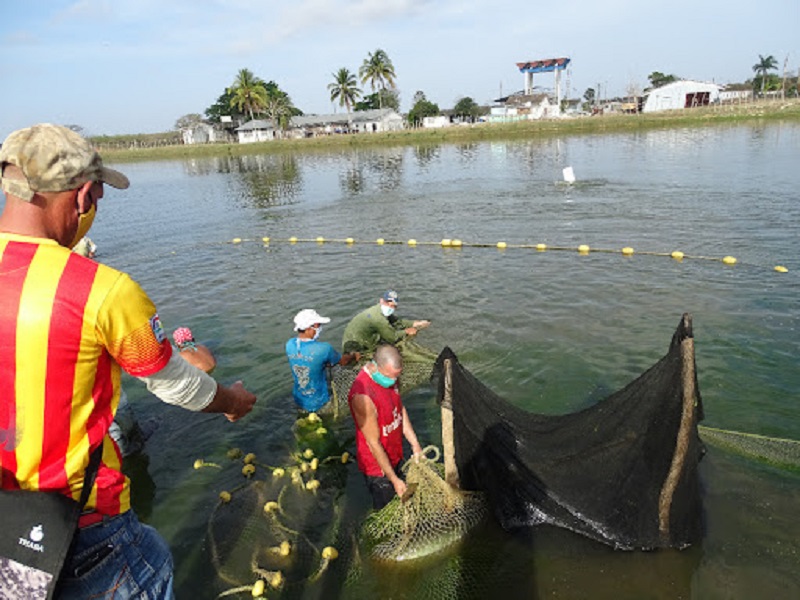The initiative, called Conpescas Guacanayabo, is implemented here by the Fisheries Research Center (CIP), with technical assistance from the United Nations Food and Agriculture Organization (FAO) and financed by the Fund for the Global Environment.
According to FAO, the venture will benefit CIP laboratories and three companies (Episur, Pescatun and Epigran), which specialize in the sustainable management of fishing resources and food production on Cuba’s southeastern shelf.
With the contribution of microscopes, scales, reagents and refrigeration equipment, they must improve surveillance and disease control work and activities linked to the quality and safety of resources from the sea, the source explained.
Certifying the quality and safety of fishery products for export and domestic consumption, according to FAO, is of great importance in the economic development of the sector, as the health of ecosystems and marine species, the entry of monetary funds and the presence of Cuban products in national and international markets is ensured.
Conpescas Guacanayabo is a contribution to the Law of the Natural Resources and Environment System, approved in Cuba in May 2023 with the goal of stopping the loss of biological diversity, the UN agency noted.
The project is also aligned with the Law on Food Sovereignty and Food and Nutritional Security, the statement added.
From a financial point of view, it has received 1.3 million dollars from the Global Environment Facility, which will contribute to the conservation of marine biodiversity through the management of fishing resources and other marine-coastal resources on Cuba’s southeastern shelf of Cuba, FAO pointed out.
jg/rgh/mjm









